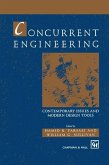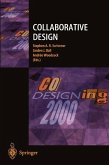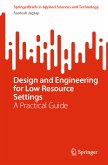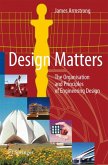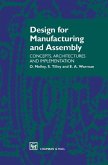The intent of this book is threefold: (1) to summarize recent research concerned with residential crowding, (2) to present some new perspec tives on this important subject, and (3) to consider design implications and recommendations that can be derived from the existing body of research. We have sought to bring together the work of many of the researchers most involved in these areas, and have asked them to go beyond their data-to present new insights into response to residential crowding and to speculate about the meaning of their work for the present and future design of residential environments. We feel that this endeavor has been successful, and that the present volume will help to advance our understanding of these issues. The study of residential density is not new. Studies in this area were conducted by sociologists as early as the 1920s, yielding moderate corre lational relationships between census tract density and various social and physical pathologies. This work, however, has been heavily criticized because it did not adequately consider confounding social structural factors, such as social class and ethnicity. The research that will be presented in the present volume represents a new generation of crowding investigation. All of the work has been conducted during the 1970s, and a range of methodological strategies have been employed in these studies.
Dieser Download kann aus rechtlichen Gründen nur mit Rechnungsadresse in A, B, BG, CY, CZ, D, DK, EW, E, FIN, F, GR, HR, H, IRL, I, LT, L, LR, M, NL, PL, P, R, S, SLO, SK ausgeliefert werden.



